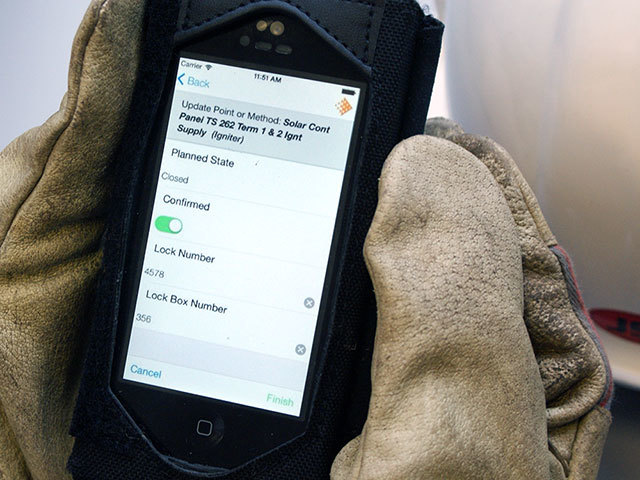
Although the recent data breach of four million customers has placed Talk Talk in the media limelight, it’s by no means the only organisation to have had its security compromised in 2015. Every second of everyday a hacker is trying to infiltrate company networks and, with alarming regularity, we are seeing them succeed.
Despite this, it’s not all doom and gloom. The Talk Talk, Ashley Madison and Barclays breaches have generated more than just concern and panic. They have generated awareness. The more businesses know what to look out for and know how to protect themselves, the less likely a hacker is to succeed.
Knowledge is power, as they say, and in this case it couldn’t be truer. Simple precautions can help, and everyone can benefit from straightforward advice.
Let’s start with the basics. It goes without saying that ‘welcome’, ‘password’ and ‘123456’ do not qualify as secure passwords. You may think that nothing on your computer would be of interest or importance to an online criminal, but you’d be surprised.
Create a password that is at least 10 characters, contain symbols along with upper and lowercase, and change it regularly. Limit password attempts to just three and set account to be locked for a period of time if entered incorrectly. This will ensure any hacker, even if they are using a cipher, will be blocked almost immediately.
Next – make sure that all of your software is up-to-date. Many users have suffered attacks from malicious code that has already been identified and protected against. A new patch will come out for a given piece of software that protects against a recent virus, but if you don’t download the patch, you could be susceptible to viruses or malicious code. By protecting data on all devices with multiple component systems, you are making a hackers job really difficult. Great news for your – not so much for the hacker!
Beware of public WiFi and unsecure networks – before signing on to any WiFi, the best way to check if the network name is legitimate is by asking a member of staff. Then, once you have finished browsing on a WiFi, log off all services you were using and then ask the device to forget the network so it doesn’t automatically join next time you’re in range. As a general rule, don’t send anything across an unsecure network that other people shouldn’t see.
VPNs act as an intermediary between your device and the internet server, routing all your activity through your own little loop of the internet that is encrypted, meaning a would-be intruder will find it impossible to source your information, whether this is on a mobile, tablet or computer. Encryption is vital, it is due to lack of encryption that Talk Talk were compromised.
You wouldn’t leave your front door ajar and windows wide open, so don’t leave yourself vulnerable online. A secure websites displays the green lock sign next to it, also known as HTTPS. It encrypts data that passes from your device to the internet server, meaning hackers can’t decipher your private information.
These are just some techniques that are easy to employ and can help stem the tide of these criminal cyber-attacks. Don’t compromise on your business security and always remember that prevention is better than cure.
Graeme Gordon is chief executive of Internet For Business
Recommended for you
